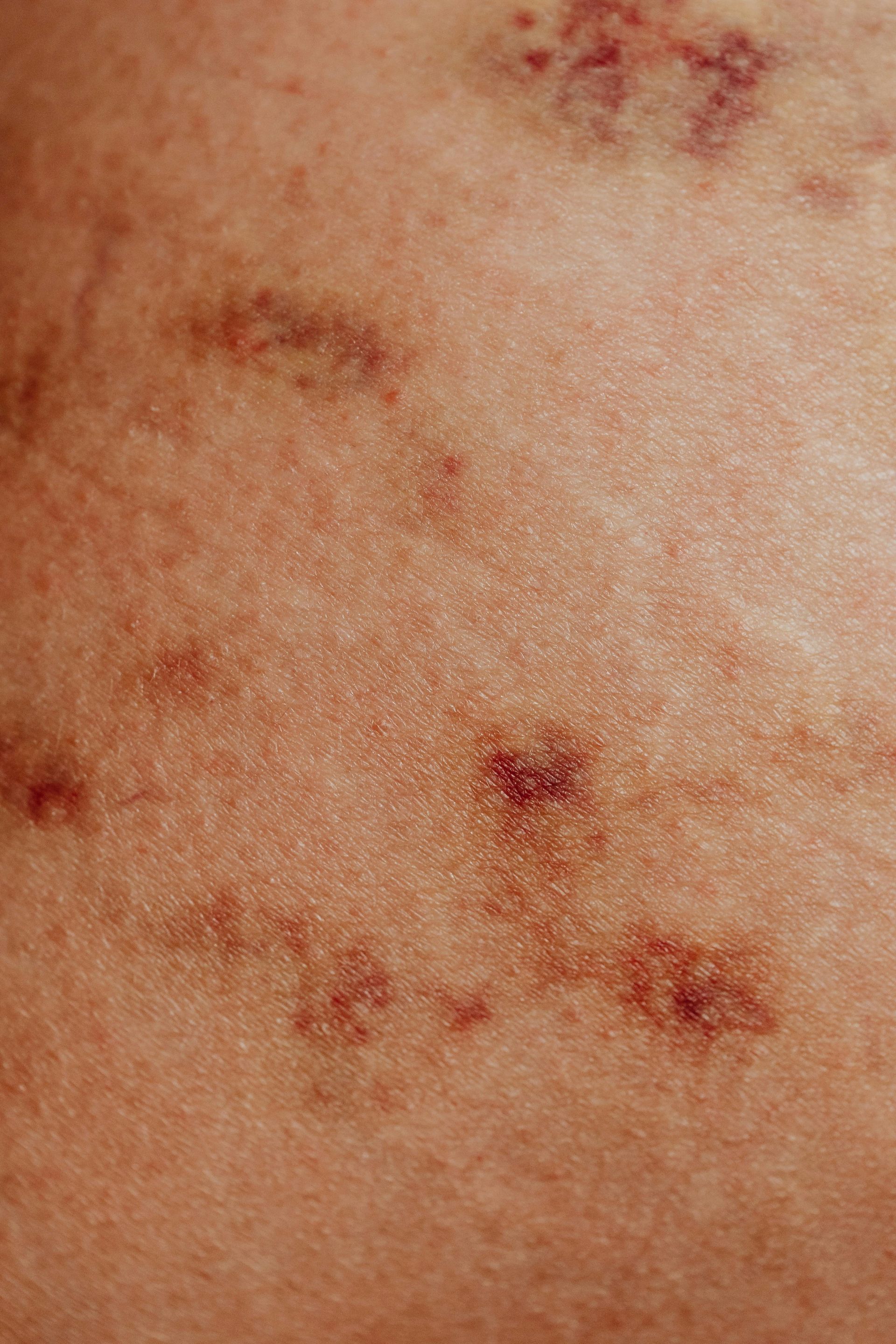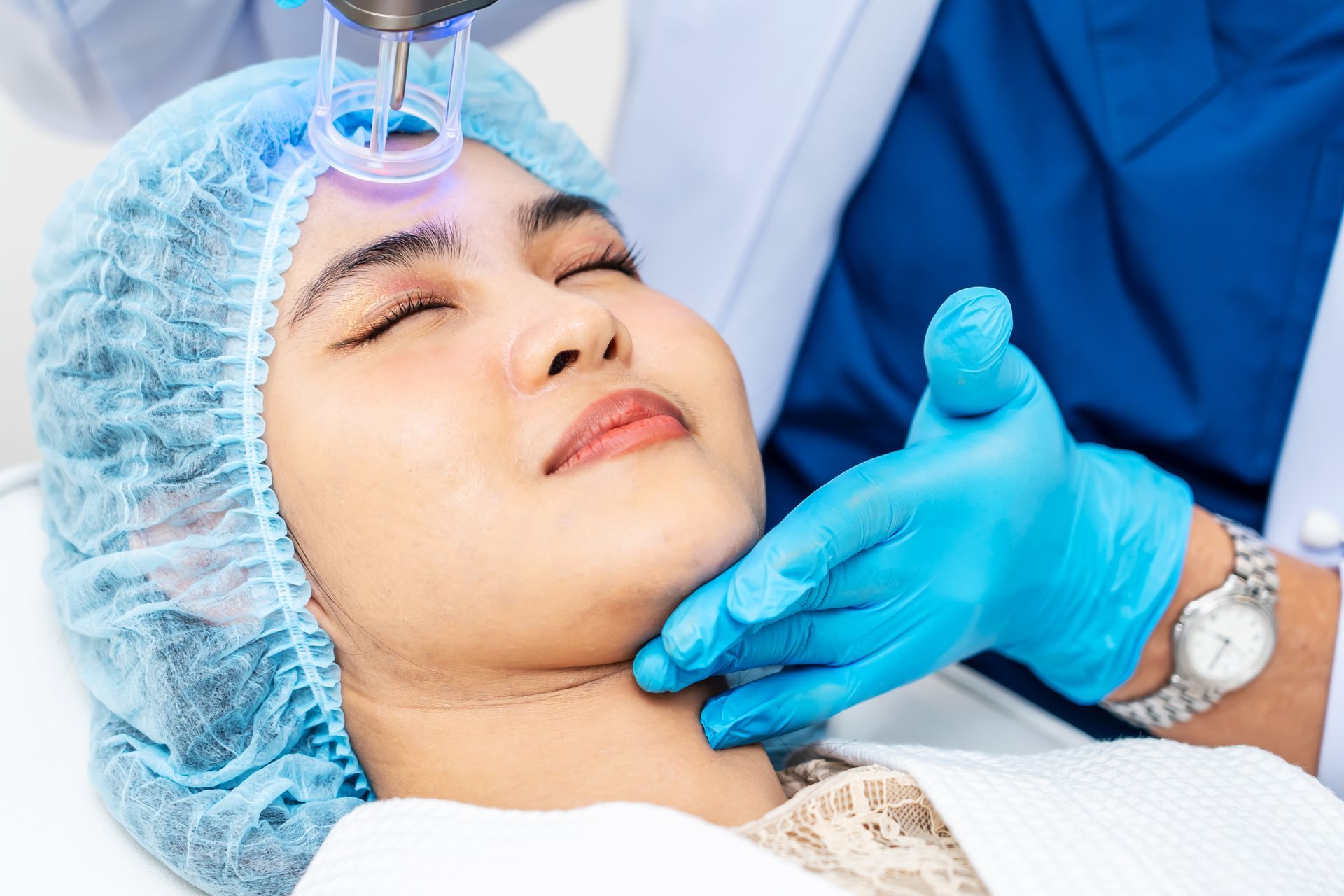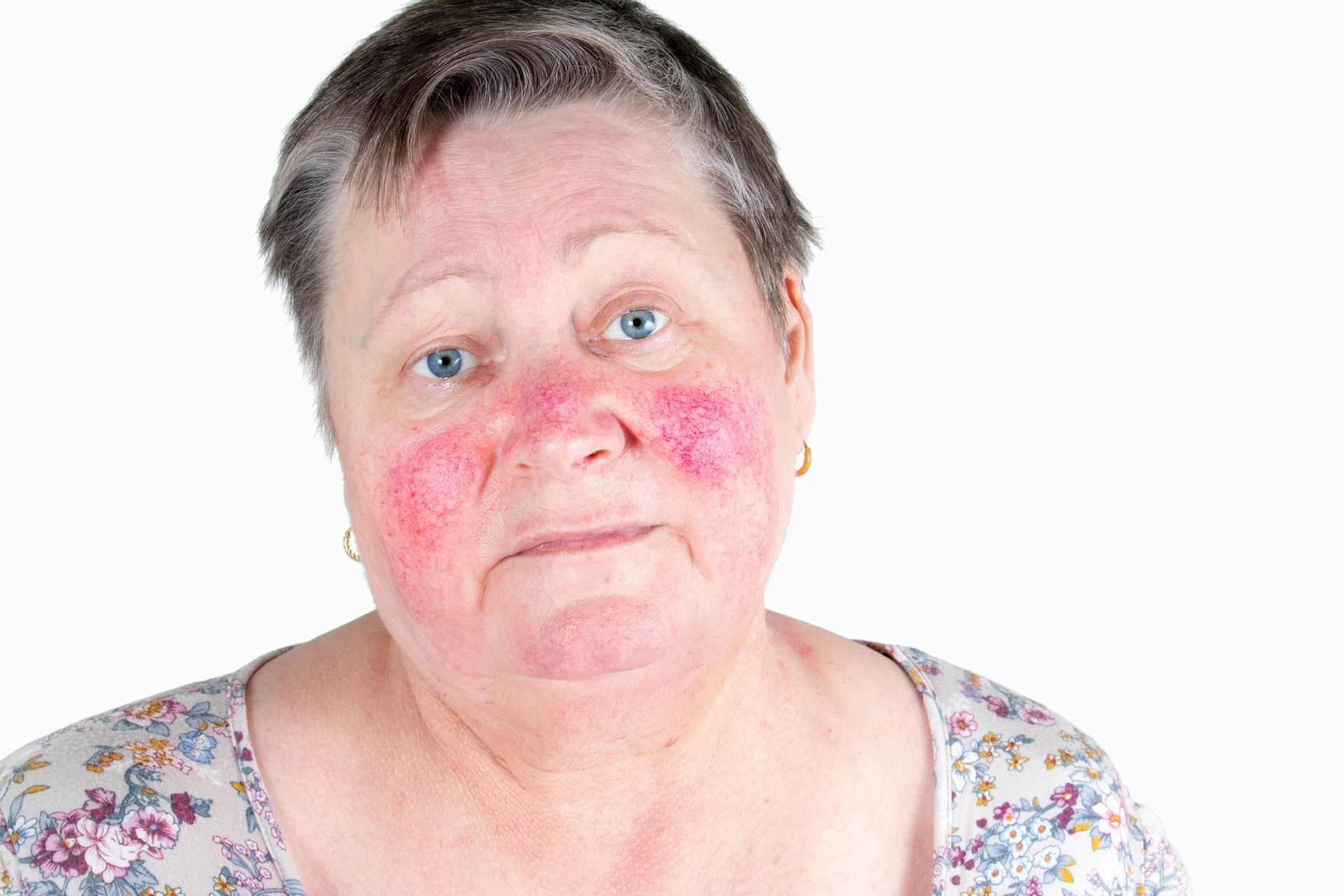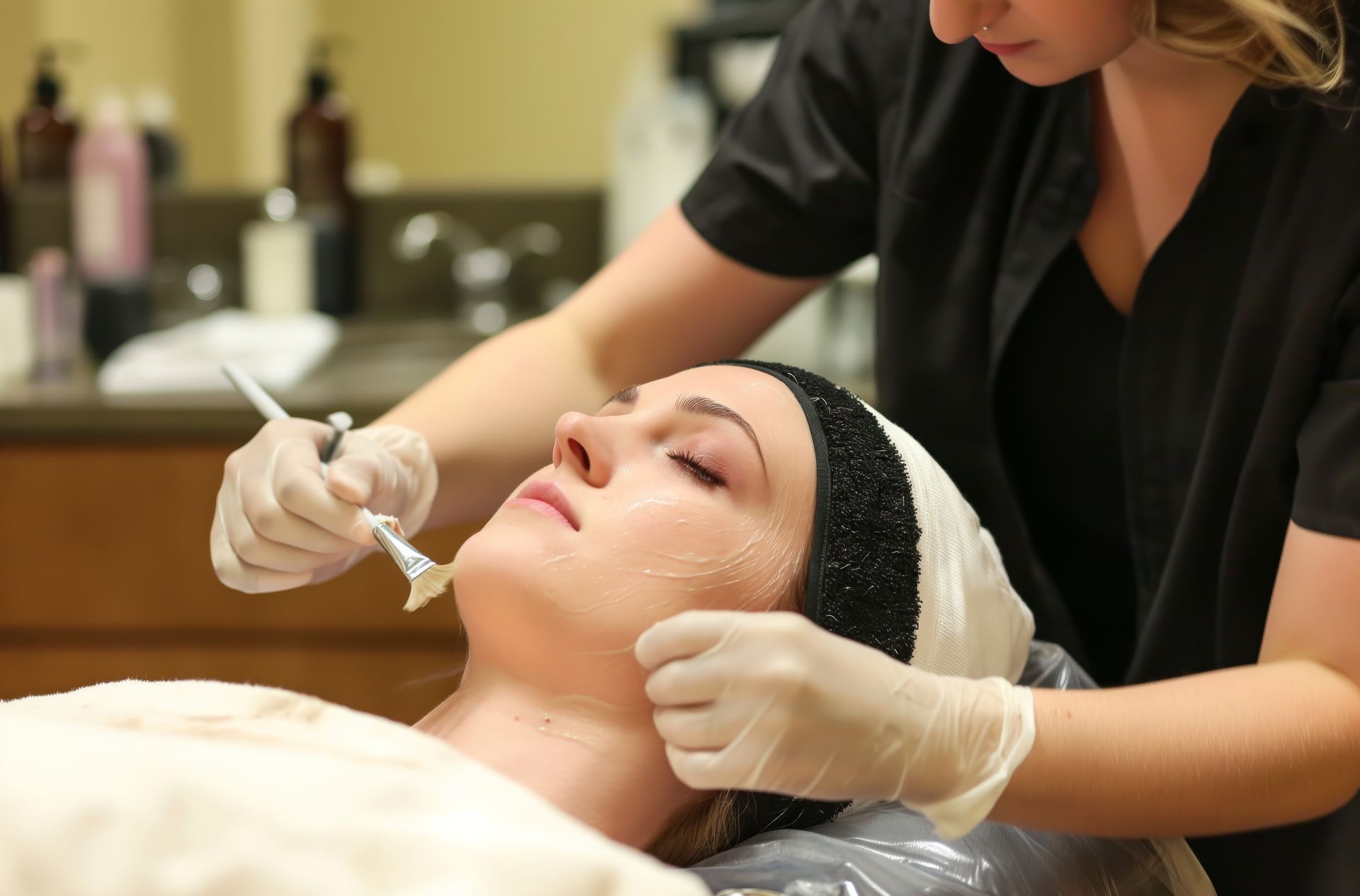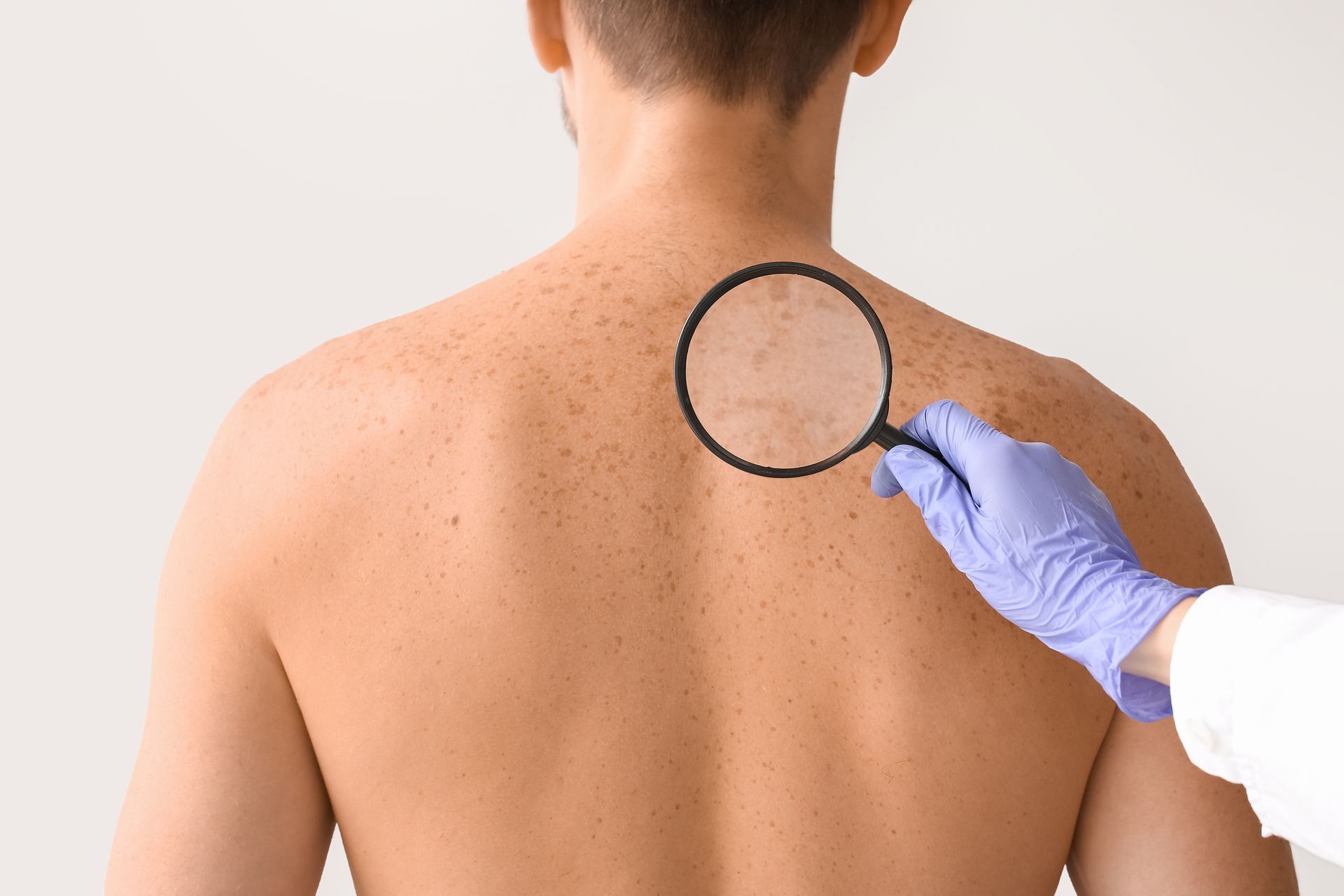Skin Cancer: Prevention and Early Detection
Skin cancer is the most common form of cancer in the United States, and with increasing sun exposure, the number of skin cancer cases continues to rise. However, skin cancer is preventable, and when detected early, it is highly treatable. As a board-certified dermatologist in San Francisco, CA, Kaveri Karhade, MD, emphasizes the importance of understanding skin cancer, taking preventative measures, and recognizing early signs for timely intervention.
In this article, we will discuss skin cancer prevention and early detection to help protect your skin and overall health. With over a million cases diagnosed each year, it's crucial to stay informed and vigilant about this potentially life-threatening condition. Our team at Kaveri Karhade MD Dermatology is dedicated to guiding you through prevention strategies and offering expert care if concerns arise.
Understanding Skin Cancer and Its Types
Skin cancer occurs when abnormal skin cells grow uncontrollably, usually as a result of DNA damage caused by ultraviolet (UV) radiation from the sun or tanning beds. Skin cancer can be categorized into three main types:
- Basal Cell Carcinoma (BCC): This is the most prevalent form of skin cancer. It develops in the basal cells, which are found at the bottom of the outer layer of skin. BCCs often appear as small, pearly bumps or pink patches of skin and can spread if left untreated.
- Squamous Cell Carcinoma (SCC): The second most common type, SCC originates in the squamous cells, which make up most of the outer skin layer. It often looks like a scaly, red patch or a sore that won't heal. SCC can also spread to other parts of the body if not treated promptly.
- Melanoma: Though less common, melanoma is the most dangerous type of skin cancer. It develops in melanocytes, the cells that give skin its pigment. Melanomas usually appear as dark, irregular moles, but they can also be pink, red, or skin-colored. If detected early, melanoma is highly treatable, but it can spread quickly if left unchecked.
It's important to recognize that skin cancer can affect people of all skin types and tones, though some types, such as melanoma, may be more prevalent in fair-skinned individuals. Understanding the different types of skin cancer and their signs can help in early identification and prevention of severe health consequences.
Key Steps for Skin Cancer Prevention
The most effective approach to combating skin cancer is prevention. While it may not always be possible to eliminate all risk factors, the following steps can significantly reduce your chances of developing skin cancer:
- Avoid Prolonged Sun Exposure: The sun's UV rays are strongest between 10 AM and 4 PM. Try to limit your exposure during these hours, especially during the summer months. Minimize your sun exposure by staying in shaded areas.
- Wear Protective Clothing: When out in the sun, wear a wide-brimmed hat, sunglasses, and long-sleeved clothing to shield your skin from UV rays. UV-protective clothing can provide additional sun protection.
- Use Sunscreen Regularly: A broad-spectrum sunscreen with SPF 30 or higher should be applied to all exposed skin daily, even on cloudy days. Reapply sunscreen every two hours or more often, particularly when you're sweating or swimming.
- Avoid Tanning Beds: Tanning beds emit harmful UV rays that significantly increase your risk of developing skin cancer, especially melanoma. There is no such thing as a "safe tan."
- Monitor Your Skin: Regular self-examinations of your skin are essential for catching early signs of skin cancer. Be vigilant about changes in moles, freckles, or any new growths.
By incorporating these habits into your daily routine, you can lower your risk of skin cancer while still enjoying outdoor activities.
Early Detection: What to Look For
Timely detection is vital for effective skin cancer therapy. It's important to regularly examine your skin and recognize the warning signs of skin cancer. If you notice any of the following changes, schedule an appointment with a dermatologist immediately:
- Changes in Moles or Skin Lesions: If a mole or skin lesion changes in size, shape, or color, or if it begins to bleed, itch, or become painful, it may be a sign of skin cancer. Pay close attention to asymmetry, irregular borders, and varying colors within a mole.
- New Growths: Any new spots, growths, or bumps on your skin should be evaluated, especially if they don't heal or persist over time.
- Sores That Don't Heal: Non-healing sores or ulcers can be indicative of skin cancer. If a sore hasn't healed after a few weeks, it's time to have it checked.
One of the best tools for early detection is the ABCDE rule for melanoma. It stands for:
- Asymmetry: One half of the mole doesn't match the other.
- Borders: The edges are irregular, ragged, or blurred.
- Color: The color isn't consistent, and you may see shades of brown, black, pink, red, or white.
- Diameter: The mole is larger than a pencil eraser (about 6 mm), though melanomas can sometimes be smaller.
- Evolution: Any changes in the mole's size, shape, or color over time.
If you notice any of these warning signs, seek immediate attention from your dermatologist.
Screening and Diagnosis
Regular skin cancer screenings can be life-saving, especially for individuals at higher risk, such as those with fair skin, a history of sunburns, or a family history of skin cancer. During a skin cancer screening, your dermatologist will examine your skin from head to toe, paying particular attention to any suspicious moles or growths.
If your dermatologist finds something unusual, they may perform a biopsy, removing a small sample of skin to be tested for cancer. Early-stage skin cancers are easier to treat and often result in less scarring, so timely diagnosis is essential.
At Kaveri Karhade MD Dermatology, we offer comprehensive skin cancer screenings and treatments tailored to your individual needs. We use advanced diagnostic tools and techniques to ensure accurate results and personalized care.
Treatment Options for Skin Cancer
If you're diagnosed with skin cancer, the treatment approach will depend on the type, size, location, and stage of cancer. Common treatments include:
- Surgical Excision: The most common treatment for skin cancer, excision involves removing the cancerous tissue along with some surrounding healthy tissue to ensure all cancer cells are removed.
- Mohs Surgery: For certain types of skin cancer, especially on the face, Mohs surgery is the preferred method. This technique involves removing cancer layer by layer while preserving as much healthy skin as possible.
- Radiation Therapy: Radiation may be used for skin cancers that can't be surgically removed or for patients who aren't candidates for surgery.
- Topical Medications: In some cases, skin cancer can be treated with prescription creams or gels that destroy cancer cells over time.
- Immunotherapy and Targeted Therapy: Advanced cases of melanoma may require systemic treatments that stimulate the immune system or target specific genetic mutations in cancer cells.
At Kaveri Karhade MD Dermatology, we specialize in cutting-edge treatment options for skin cancer, ensuring the best possible outcomes for our patients.
Contact Us for Expert Skin Care in San Francisco, CA
Protecting your skin from cancer is one of the most important things you can do for your health. At
Kaveri Karhade MD Dermatology, we are committed to helping you with preventative care, early detection, and the most advanced treatment options available. If you have concerns about
skin cancer,
anti-aging,
rashes,
hair loss, or more, don't hesitate to contact us at
(650) 482-7546 to schedule a consultation. We are here to support you in maintaining healthy, cancer-free skin.
FAQs
